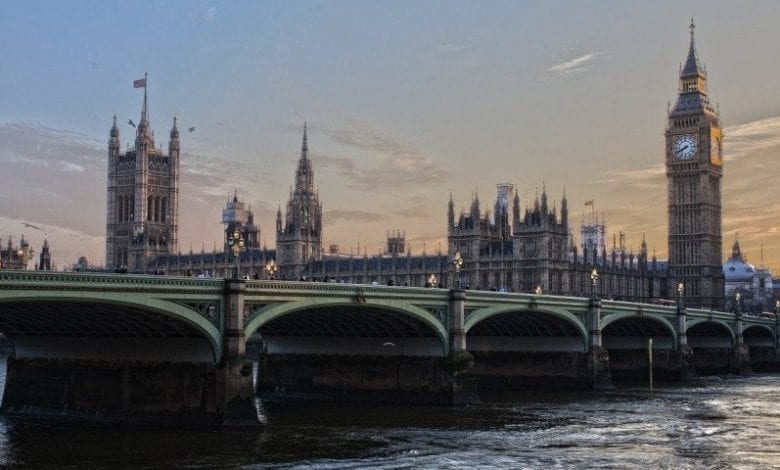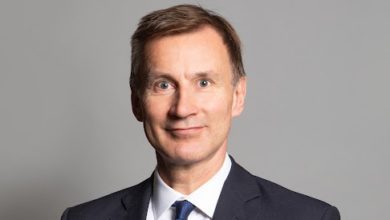London hotel performance to decline this year but ‘will improve in 2017’

The hotel industry in London is expected to experience continued performance declines through 2016, but positive results are projected for 2017.
That’s according to new research from hospitality benchmarking firm STR and Tourism Economics, which revealed London has recorded year-over-year growth in revenue per available room (RevPAR) for six consecutive years since 2010.
Despite this, through April 2016 London’s RevPAR dropped 3.2% to £95.60, while average daily rate declined 0.5% to £128.34 and occupancy fell 2.7% to 74.5%.
Overall, London has reported year-over-year occupancy declines for each month since November 2015.
[box type=”shadow” align=”” class=”” width=””]
Looking at the remaining months of 2016, the report said several factors will likely have a negative impact on hotel performance in London:
- In 2015, London hosted several major events that will not repeat in 2016, including the Rugby World Cup, the Ashes (cricket series) and the biennial Defence & Security Equipment International (DSEI)
- New supply continues to enter the market (2.5% year-to-date), resulting in negative occupancy performance and suppressing growth potential in ADR.
- The results of the upcoming referendum on Brexit could have a negative impact on industry performance. The forecast currently assumes that the decision will be for the UK to ‘remain’ in the EU, but a ‘leave’ result could potentially be detrimental to London’s hotel market.
- Ongoing security threats in Europe are likely affecting the number of long-haul international arrivals, according to Tourism Economics, although short-haul demand remains strong.
[/box]
Despite this, the report said it expects performance recovery in 2017 to be driven by domestic demand, indicated by gross-domestic-product growth, as well as an increase in the consumer price index and renewed investment activity.
The report also pointed out that different hotel classes will experience varying degrees of growth, with the luxury sector most likely to be affected by increases in supply, while demand remains slow from key markets such as the Middle East, China and South America.
Supply growth is also expected to outpace demand over the remainder of 2016 in the midscale and economy segment. Although, despite this imbalance, demand in this segment is still expected to be higher than the total London average.
According to analysts, many price-conscious travelers will likely continue choosing accommodations in these classes as the exchange rate between other currencies (such as the Euro) remains low against the British Pound.









